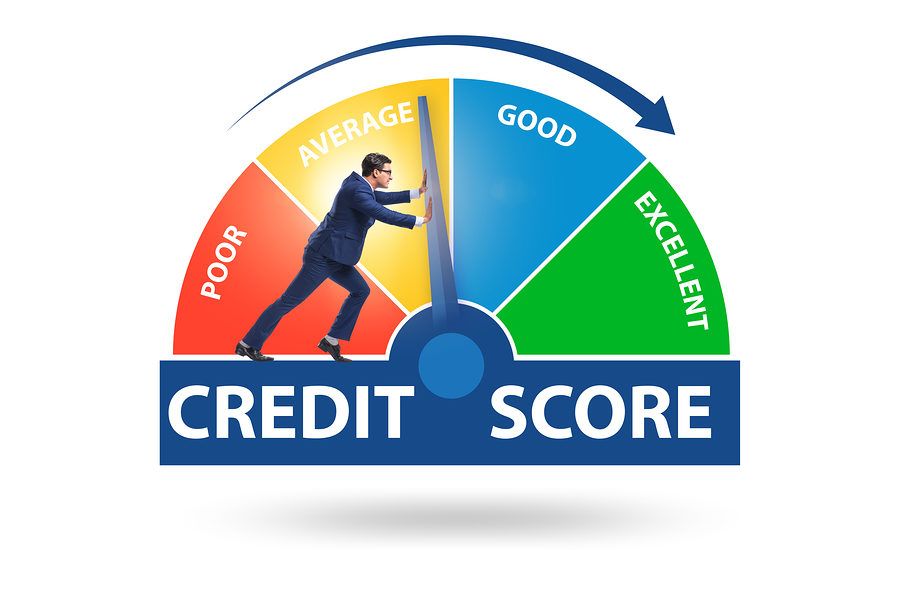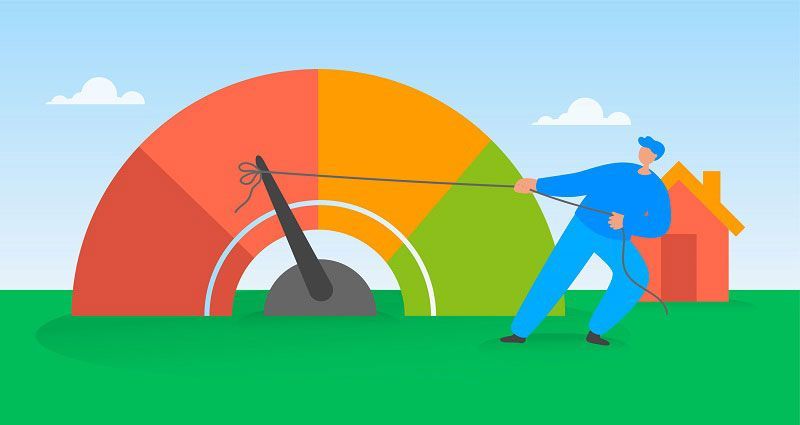We are an Equal Employment/Affirmative Action employer. We do not discriminate in hiring on the basis of sex, gender identity, sexual orientation, race, color, religious creed, national origin, physical or mental disability, protected Veteran status, or any other characteristic protected by federal, state, or local law.
Mastering Your Credit Score: The History of FICO and How It Impacts Your Home Buying Journey
If you’re planning to buy a home in the next 12 months, understanding your credit score is essential. Not all lenders use the same credit scoring system, and the score you see from your credit card company may differ significantly from what mortgage lenders use. About 90% of lenders rely on FICO scores, but what exactly is FICO, and why is it so important?
In this post, we’ll take a journey through the history of FICO and credit reporting, explain why not all credit scores are created equal, and give you practical tips to improve your credit score for home buying success.
What Is FICO, and How Did It Start?
To understand FICO, we need to take a step back into history. FICO (Fair Isaac Corporation) wasn’t always the gold standard for credit scoring. Its roots go back to 1956 as a data analytics company that specialized in building algorithms for various industries. But credit reporting actually started before FICO got involved, it began much earlier—back in the 1800s.
The Birth of Business Credit Reporting
In 1841, a company called The Mercantile Agency began collecting and recording data on businesses, providing valuable information to creditors. This company later rebranded as Dun & Bradstreet, which remains a major player in business credit reporting today. While businesses were being tracked and scored, there was no system in place for consumer credit. That changed in the early 1900s.
The Evolution of Consumer Credit Reporting
In Atlanta, The Retail Credit Company (RCC) emerged in the early 1900s, collecting extensive data on individual consumers. Unfortunately, they went too far—gathering private personal information, including political affiliations and even racial and sexual details. The U.S. government stepped in to regulate this overreach by enacting the Fair Credit Reporting Act (FCRA) in 1970, which established rules on how consumer credit information could be collected and shared.
Feeling the heat from the new regulations, RCC rebranded as Equifax, one of the three major credit bureaus we recognize today, along with TransUnion and Experian. By the late 1980s, these agencies were struggling to make sense of the growing mountain of credit data. They needed a standardized system to interpret creditworthiness—so they partnered with FICO.
How FICO Became the Standard for Credit Scoring
In 1989, FICO introduced its credit scoring system, which quickly became the industry standard for evaluating credit risk. FICO’s algorithm turned complex credit data into a simple three-digit score, making it easier for lenders to assess borrowers' trustworthiness when it came to paying back debt. Today, FICO is used by about 90% of lenders, although there are dozens of FICO models, each tailored to different types of lending (e.g., auto loans, credit cards, and mortgages).
Why Your FICO Score May Vary
If you’ve ever checked your credit score online and then applied for a mortgage, you might have noticed a significant difference between the two numbers. That’s because not all credit scores are created equal.
There are more than three dozen versions of FICO, and each one serves a different purpose. For example:
- FICO Auto Score is used by auto lenders to determine your car loan eligibility.
- FICO Bankcard Score is used by credit card companies.
- FICO Mortgage Score is used specifically by mortgage lenders.
Each version uses a slightly different algorithm to weigh factors like payment history, credit utilization, and length of credit history. Mortgage lenders typically use the most recent version of FICO, which can result in a lower score compared to what you see on consumer credit apps. Getting the new FICO scoring into a company’s system is costly, so when you are getting a free credit report, you are most certainly not getting the most up-to-date and accurate credit score. Companies just can’t afford to give the score away for free.
Why FICO Matters for Homebuyers

Your FICO score plays a significant role in determining the type of mortgage you qualify for and the interest rate you’ll receive. Let’s break down how different loan types rely on FICO scores:
- Conventional Loans: Typically require a minimum score of 620, but the best interest rates and terms are available to borrowers with scores of 740 and above.
- FHA Loans: More flexible on credit requirements. Most lenders require a 580 minimum, but some will go as low as 550 with additional conditions.
- VA Loans: Available to veterans and their families. While the VA itself doesn’t set a minimum score, most lenders require at least 580.
- USDA Loans: Designed for rural homebuyers with no official minimum score, though most lenders look for 620 or higher.
Each loan type has its own rules, and your FICO score will help determine the loan options available to you. To learn more about how credit scores affect specific loan types, check out these resources:
- What You Need to Know About FHA Loans
- VA Loans Explained: Is It the Right Loan for You?
- Understanding Conventional Loans
How to Get an Accurate Mortgage Credit Score
If you’re serious about buying a home, the best way to get an accurate picture of your credit score is to work with a mortgage lender. Unlike free credit monitoring services or credit card apps, a lender will pull your FICO Mortgage Score, which reflects the criteria most relevant for mortgage approval.
Pro Tip: Don’t be afraid of multiple mortgage credit pulls. As long as they occur within 30 days, they count as one inquiry for scoring purposes. This allows you to shop around for the best mortgage lender without hurting your score.
Boosting Your Credit Score for a Home Purchase
If you need to improve your credit score quickly, credit card utilization is the fastest way to see results. Your credit card balance should stay below 30% of your credit limit at all times. For example, if your credit limit is $10,000, try to keep your balance below $3,000.
Here are a few more quick tips:
- Pay down high balances—This can significantly boost your score within a month.
- Avoid opening new credit accounts—New inquiries can temporarily lower your score.
- Check for errors on your credit report—Dispute any inaccuracies with the credit bureaus.
For more detailed tips on improving your credit, check out my Credit Tips Playlist on YouTube.
Your credit score is a powerful tool in your home buying journey. By understanding its history and how FICO works, you’ll be better prepared to navigate the mortgage process and secure the best possible loan terms.
Questions? Contact me at Loan with Jen for personalized advice and resources to help you on your path to homeownership in Texas.









NMLS #514497
Full service residential lender with an experienced team offering expert service, reliable communications and on-time closings in the greater Houston area.
NMLS #278675


Every week we release educational videos related to hot topics in the mortgage industry on YouTube.
Subscribe to our channel to stay in-the-know!
All Rights Reserved | Jennifer Hernandez | Legacy Mutual Mortgage. NMLS #514497
Made with ❤️by ARBA
